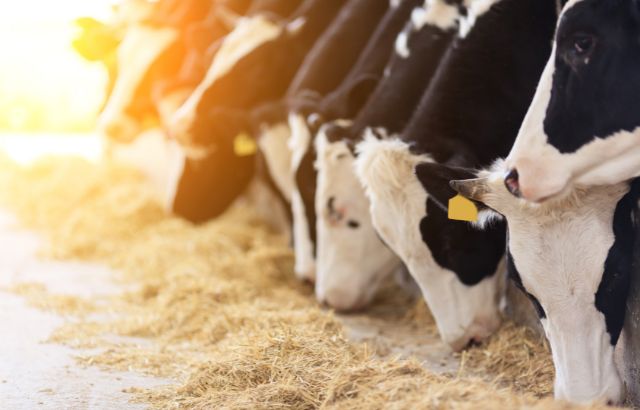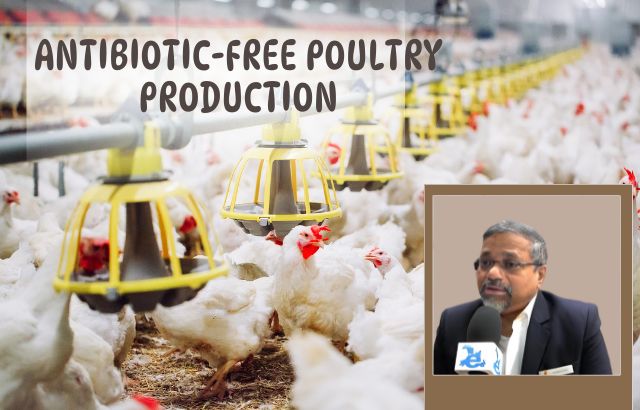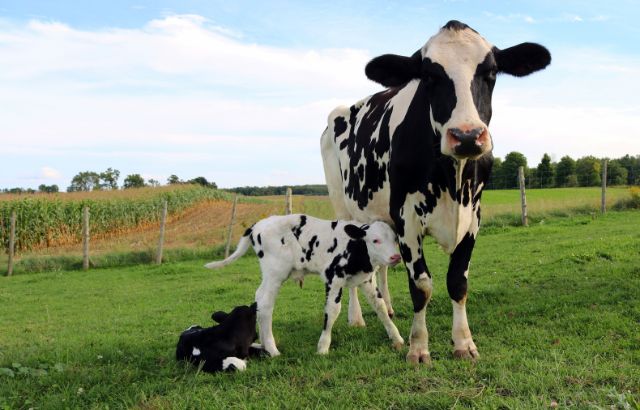By incorporating mineral supplements into your animals’ diet, you can unlock a treasure trove of benefits:
- Improved bone health and structure: Adequate mineral intake strengthens bones and prevents deformities, especially in young animals.
- Enhanced growth and performance: Minerals support optimal growth, development, and productive capacity in animals.
- Boosted immune system: Minerals play a vital role in immune function, helping animals fight off infections and diseases.
- Increased milk production and fertility: In dairy animals, proper mineral levels can boost milk production and reproductive success.
- Improved meat quality: Minerals contribute to better meat quality and feed conversion efficiency in livestock.
Remember, minerals are not flashy, but they are the foundation upon which good health is built. By providing your animals with the right mineral boost through supplements, you can give them the strength, resilience, and vitality they need to thrive.
As Green Innovator, I’m passionate about promoting sustainable and responsible animal farming practices. Utilizing mineral supplements effectively is a key part of this approach. By optimizing animal health and productivity, we can minimize our environmental impact and ensure the well-being of both animals and the planet.
The Unsung Heroes of Animal Health: Minerals for Animal Nutrition
By Green Innovator Jaiguru Kadam
Forget the flashy proteins and alluring carbohydrates – the real silent heroes of animal health lurk in the shadows, their contribution often overlooked yet utterly vital. These silent champions are minerals, and in the world of animal feed supplements, they play a role as crucial as the stars in the night sky.
Minerals for Animal Nutrition- Why are Minerals Essential?
Just like humans, animals need a balanced diet to thrive. While their primary source of minerals comes from their regular feed, factors like:
- Nutrient deficiencies in feed ingredients: Certain feed components might be naturally low in specific minerals.
- Soil and water quality: The quality of soil and water used for feed production can impact mineral content.
- Increased physiological demands: During periods of growth, pregnancy, lactation, or stress, animals require higher mineral intake.
can create mineral deficiencies, impacting their health and productivity. This is where animal feed supplements containing essential minerals come into play.
Jaiguru’s Expertise: Maximizing Animal Health Through Mineral-Enriched Feed Supplements

What are the essential minerals required for optimal animal health?
Answer: Animals require a variety of essential minerals, including calcium, phosphorus, magnesium, potassium, sodium, sulfur, and trace minerals like zinc, copper, iron, and selenium for optimal health and performance.
How does mineral-enriched feed supplements benefit animal health?
Answer: Mineral-enriched feed supplements provide animals with essential nutrients they may not obtain from their regular diet alone. These supplements support overall health, improve immunity, enhance reproductive performance, and promote better growth and development.
What considerations should be made when choosing mineral-enriched feed supplements?
Answer: When selecting mineral-enriched feed supplements, it’s important to consider factors such as the specific mineral needs of the animal species, the bioavailability of minerals in the supplement, potential interactions with other nutrients, dosage recommendations, and the reputation of the manufacturer.
How do mineral deficiencies in animals impact their health?
Answer: Mineral deficiencies in animals can lead to a range of health issues, including poor growth and development, weakened immune function, skeletal abnormalities, reproductive problems, reduced milk production, and increased susceptibility to diseases and infections.
What are some signs of mineral deficiencies in livestock?
Answer: Signs of mineral deficiencies in livestock may include slow growth rates, reduced feed intake, poor coat condition, abnormal bone development, infertility or reproductive disorders, reduced milk production, and increased susceptibility to infections or diseases.
How can farmers ensure balanced mineral intake in their animals’ diets?
Answer: Farmers can ensure balanced mineral intake in their animals’ diets by conducting regular mineral analyses of feed and forage, providing access to high-quality mineral-enriched feed supplements, offering free-choice mineral supplements, and working closely with veterinarians or nutritionists to develop customized feeding programs.
Are there any risks associated with over-supplementation of minerals in animal feed?
Answer: Yes, over-supplementation of minerals in animal feed can pose risks such as mineral toxicity, imbalances in mineral ratios, antagonistic interactions between minerals, and potential health issues in animals. It’s essential to follow recommended dosage guidelines and avoid excessive supplementation.
What are some innovative technologies in mineral-enriched feed supplements?
Answer: Innovative technologies in mineral-enriched feed supplements include chelation, encapsulation, nano-particle delivery systems, and slow-release formulations. These technologies enhance the bioavailability and efficacy of minerals, ensuring optimal absorption and utilization by animals.
How can mineral-enriched feed supplements contribute to sustainable livestock production?
Answer: Mineral-enriched feed supplements can contribute to sustainable livestock production by improving animal health and productivity, reducing the incidence of diseases and veterinary interventions, optimizing feed efficiency, and minimizing nutrient losses in the environment.
The Mineral Marvels
Let’s meet some of the key mineral superstars found in animal feed supplements:
- Calcium: This “bone builder” is vital for strong bones and teeth, and also plays a role in muscle function and nerve transmission.
- Phosphorus: This partner-in-crime with calcium works hand-in-hand for bone health, but also supports energy production and cell function.
- Magnesium: This “stress reliever” helps regulate nerve and muscle function, and also contributes to energy metabolism and blood sugar control.
- Selenium: This antioxidant powerhouse protects cells from damage and supports immune function and fertility.
- Zinc: This “growth champion” is involved in protein synthesis, wound healing, and immune function, and is crucial for proper growth and development.
- Copper: This “energy booster” helps with energy production, iron absorption, and collagen formation, contributing to overall health and vitality.
Let’s work together to empower these silent heroes – minerals – and unlock a healthier, more sustainable future for animals and the world around us!
Remember, a little bit of mineral magic can go a long way!












